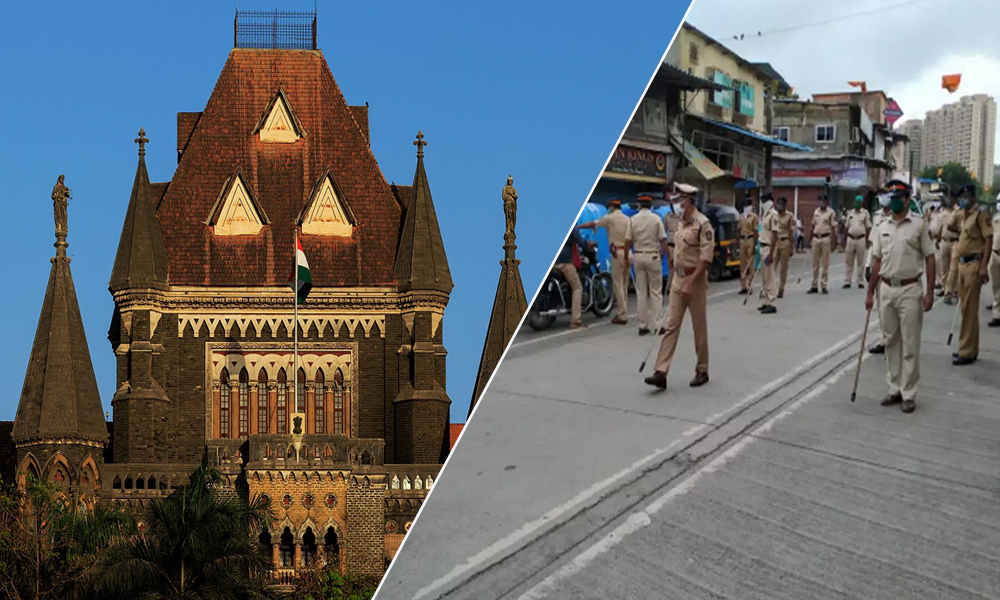
Image Credit: Wikimedia
"Cannot Decide When Use Of Force May Be Required," Bombay HC On Police Brutality Amid Lockdown
Writer: Navya Singh
Navya writes and speaks about matters that often do not come out or doesn’t see daylight. Defense and economy of the country is of special interest to her and a lot of her content revolves around that.
Maharashtra, 18 Aug 2020 4:45 AM GMT | Updated 18 Aug 2020 7:35 AM GMT
Editor : Prateek Gautam |
A free soul who believes that journalism, apart from politics, should stand for social cause and the environment.
Creatives : Abhishek M
" An engineer by profession, Abhishek is the creative producer of the team, graphic designing is his passion and travelling his get away. In more ways than one, he makes the content visually appealing."
"The truth is that there are many amongst us who do not care about the lockdown guidelines and do not comply with restrictions. There are black sheep everywhere," Chief Justice Datta said.
The Bombay High Court on August 17 said that "police brutality" amid the lockdown is only one side of the coin, and stated that many citizens are not complying with restrictions imposed to contain the spread of COVID-19.
"There are black sheep everywhere," a division bench of Chief Justice Dipankar Datta and Justice Anuja Prabhudessai said while hearing a petition filed by advocate Firdause Irani, raising concerns on police brutality amid the lockdown.
Iranis counsel Gopal Sankarnarayan cited 13 videos showing police brutality on citizens while imposing the lockdown restrictions.
"Policemen are seen assaulting people with lathis or slapping them without first asking the reason why they are travelling," he said.
The High Court, however, maintained that there are always two sides to a story.
"Police brutality is only one side of the coin. The truth is that there are many amongst us who do not care about the lockdown guidelines and do not comply with restrictions. There are black sheep everywhere," Chief Justice Datta said.
Sankarnarayan argued that even if citizens violate lockdown restrictions, the police does not have the right to assault any person. To this, the court said it "cannot sit to decide in which case or situation the use of lathis, teargas or force may be required."
"Every case or situation cannot be painted with the same brush," Chief Justice Datta said, adding if people violate laws, then they have to be dealt with an iron hand.
"Police has been given the task to safeguard interests of the general public. In such a situation, some policemen think just because they have a lathi, they can use it," Chief Justice Datta said.
The bench then asked the petitioner to submit his suggestions on how police should tackle such violators.
"We will then see if police can be asked to follow the suggestions," the court said.
Also Read: Bengaluru Violence: Karnataka Govt To Invoke UAPA, Goonda Act, Aims To Regulate Social Media Posts
 All section
All section














